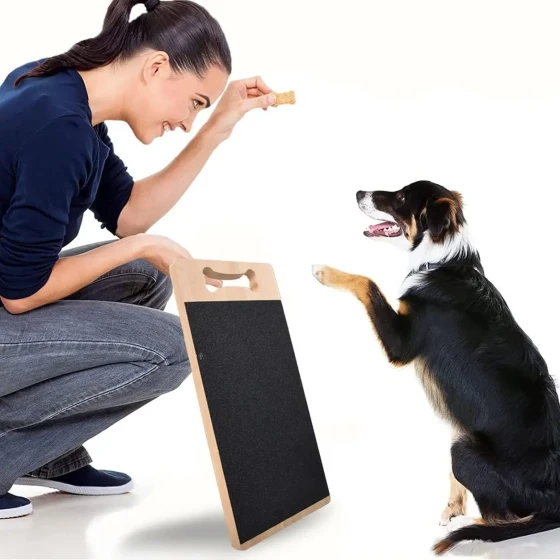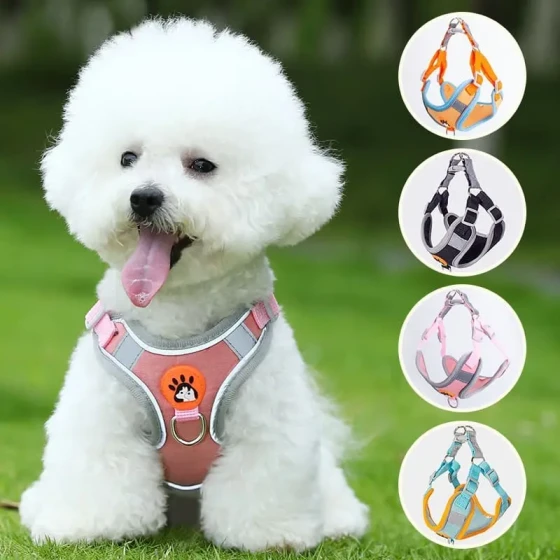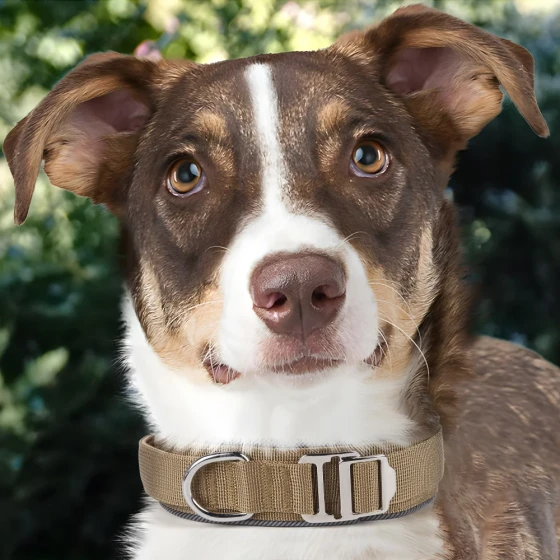Why Don’t Dogs Fight Back When Punished by Their Owners?
Today, PetsZone editor will talk about why dogs don’t fight back when punished by their owners? Nowadays, more and more people choose to raise dogs, but during the process of raising them, dogs inevitably make mistakes. Have you noticed that when dogs make mistakes and we punish them, dogs do not fight back against their owners, but quietly accept the lesson? So why is this? Let’s take a look below.
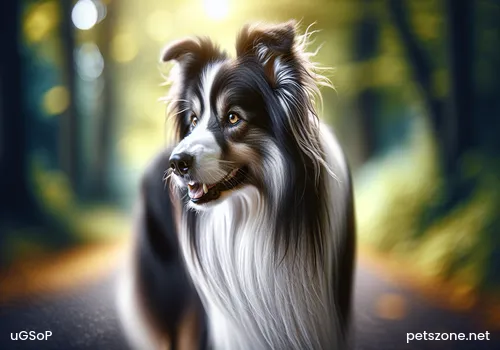
The editor’s hometown is in the countryside and also likes to raise dogs. They are companions during leisure time and mostly act as watchdogs to protect security, which dogs do quite well. I rarely punish my dog because it is a well-behaved type. How about the dogs you have raised?
We all know that dogs are extremely loyal to their owners, basically obedient in every way. When people treat dogs well, dogs choose to follow their owners without complaint or regret. Even if the owner hits or scolds the dog, the dog will not leave. This is the nature of dogs. Current scientific evidence shows dogs likely originate from wild wolves, which are strictly hierarchical animals. Therefore, dogs have inherited this nature. In the dog world, the dog group recognizes a leader and a hierarchy. Subordinates fully obey the leader, and when the leader punishes subordinates, the subordinates must accept the punishment.
For a wolf pack, it must have the following characteristics: a clear alpha wolf, all members must have a clear ranking order, lower-ranking individuals must unconditionally obey higher-ranking members, and all members must unconditionally sacrifice for the group. All wolves living in the group instinctively uphold these rules in their genes. If any sign of breaking them appears, they will instinctively fight hard to maintain order. In a stable and clearly ranked wolf pack, all members are emotionally stable and wholeheartedly work for the welfare of the group. Once the hierarchy shows signs of instability, everyone becomes extremely anxious and even causes internal conflict until a new stable order is formed.
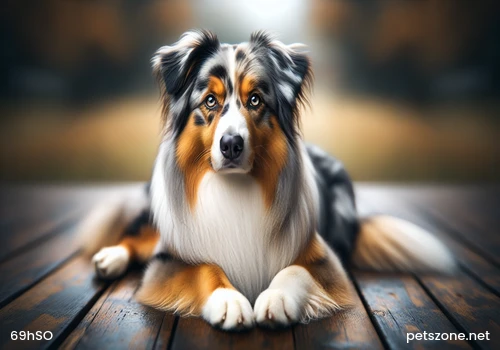
For a dog, the owner is its alpha wolf, and its loyalty to the owner comes from the wolf ancestors’ pack mentality. So there is no doubt about a dog’s unconditional loyalty to its owner. However, one thing owners need to remember is: in a dog’s mind, the owner and the dog are both members of the family, there is no distinction between human and dog. The dog automatically ranks all members of the household, including itself, based on its observation and feelings. For the vast majority of dogs and adult families, dogs happily place themselves last, so everyone in the house can command it, and it will obey everyone. But it’s not necessarily the case with young children in the house, especially those two or three years old.
It’s not just children; even weaker owners can be a certain risk. A dog’s instinct is to constantly evaluate the situation of its group. If all members’ ranks are very stable, it feels very secure. If the ranks are unstable, it becomes very anxious. And the most anxiety-inducing thing for the group members is when the alpha wolf shows insufficient leadership and suppressive ability.

Through this article, I believe everyone understands why dogs don’t fight back when punished by their owners. It is best for pet owners to train their dogs during their puppy stage to leave a clear image of the owner in the dog’s mind.



